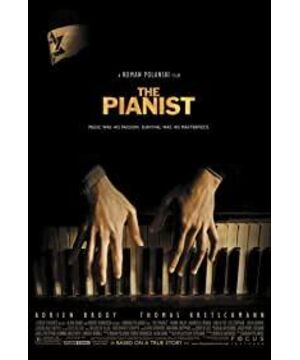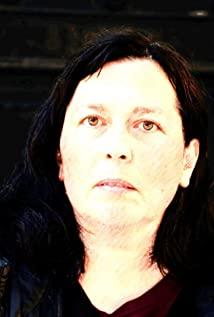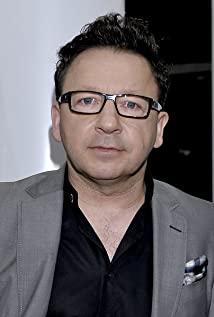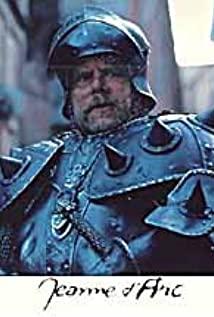During those days of white terror, the Shipelman family lived a life of poverty and was under the threat of death all day long. Shipelman's mother counted the few dollars she had, worrying about her life tomorrow; her father was forced to work in a factory... Shipelman could no longer play the piano live in front of the radio, and he had to give up all his previous Hobbies and dreams, he has to work hard for life every day, he and his family suffer from hunger and all kinds of inhuman humiliation. Even though the reality was so helpless, he never gave up. He is more fortunate than his family. He wants to thank Heller for saving Chipelman's life because of his conscience; he wants to thank William for risking his life to protect him in the battlefield; of course, he also wants to thank himself for still being able to insist on his own life. Original dream. Why is the world often divided into levels? Where has the so-called "fairness" of the chase gone? In front of the skinny reality, these are all flowers in the moon and mirror in the water, and they are all sweet dreams. Like Strickland and Harold, Sipearman subconsciously knew that he might not be able to maintain his original intention and hold on to his dreams in the environment he was in at the moment... But they never stick to the mundane. That way, "don't let people praise the color, just keep the clean air in the world." That kind of backbone, out of the mud but not stained, clean and not demonic... That persistence, that persistence, I think it is what we long for. Something that has been missing for a long time.
View more about The Pianist reviews











